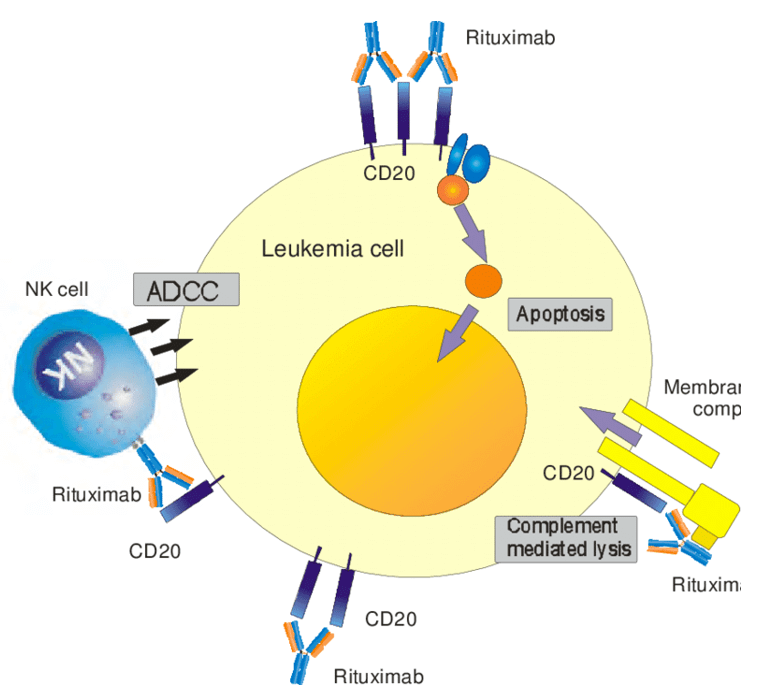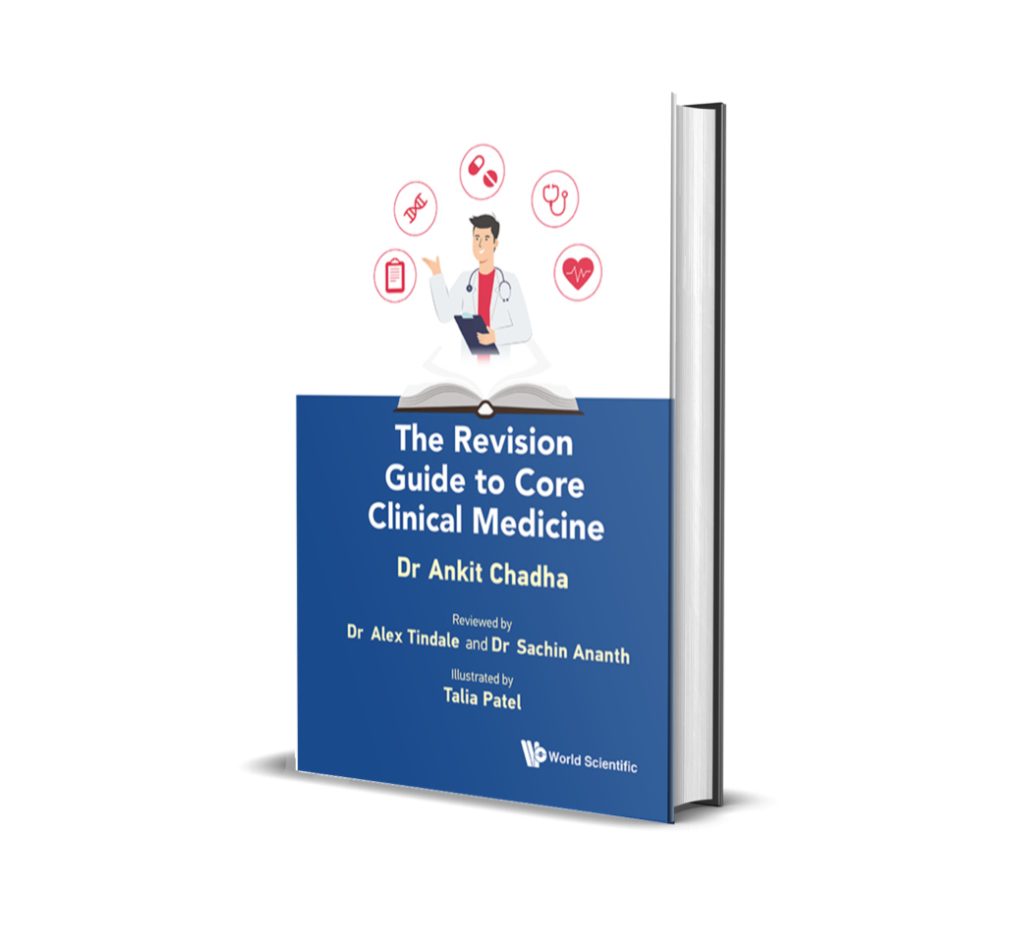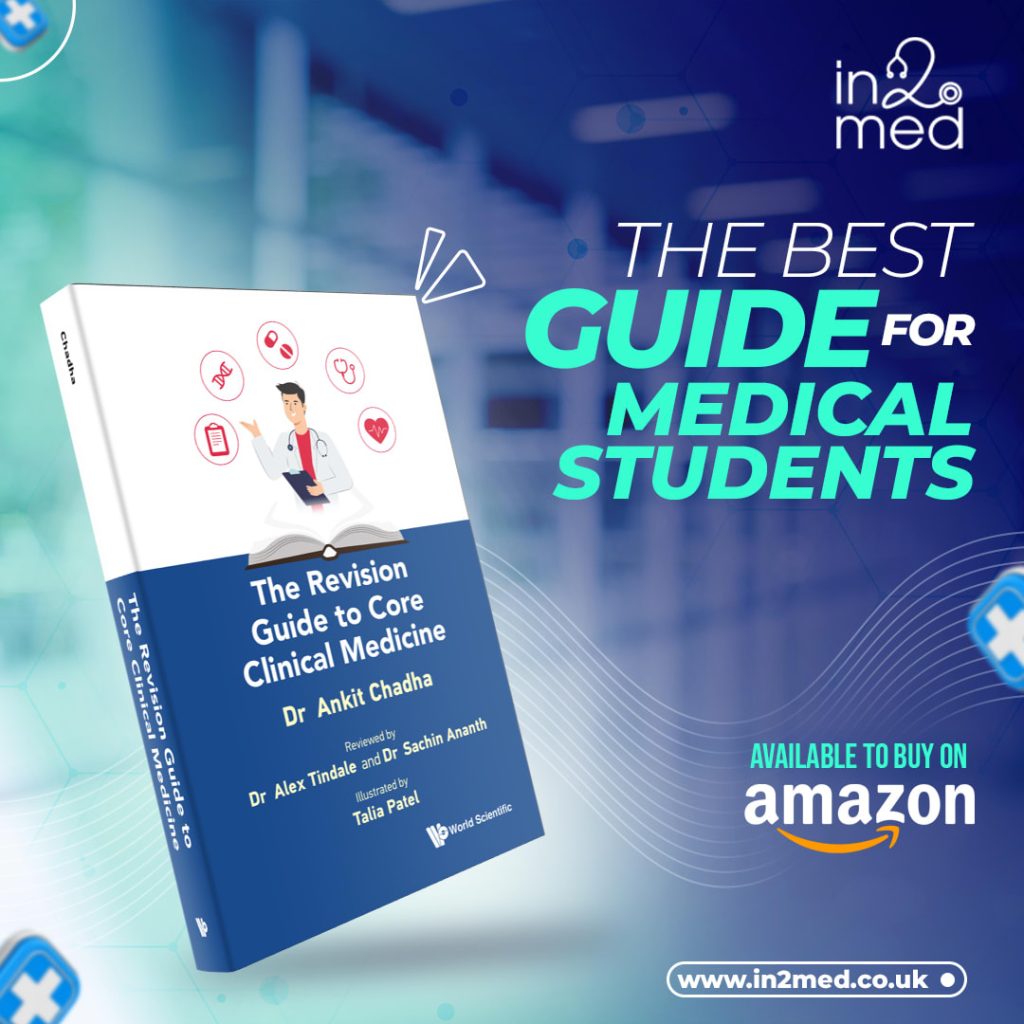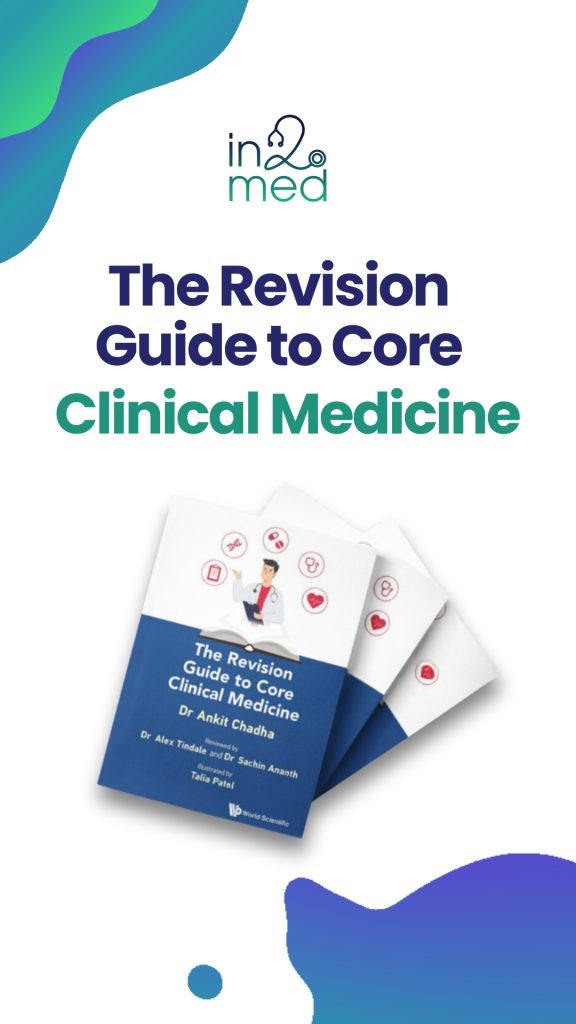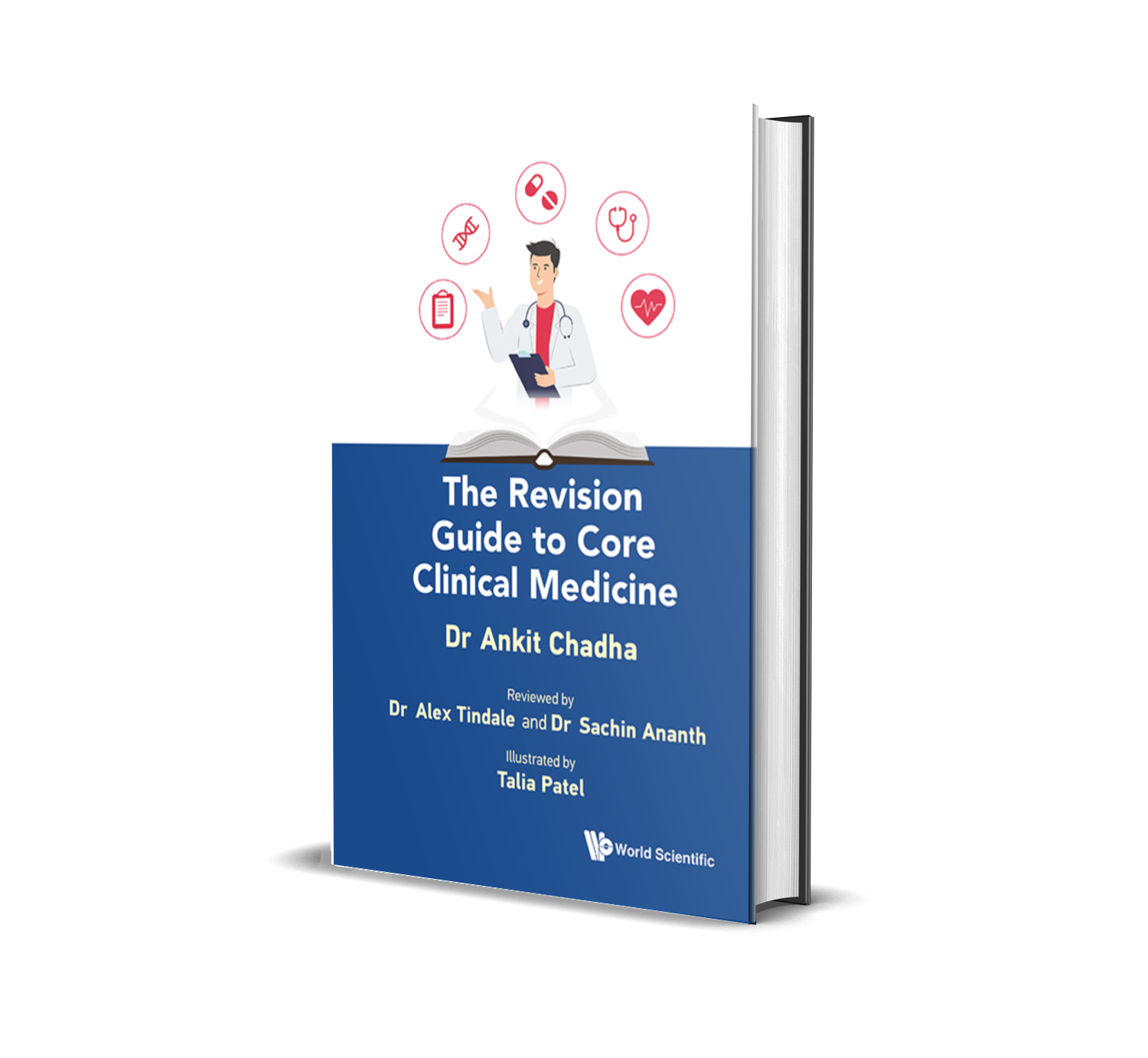Intercalated degree – is it worth it?
Dear Friend,
It”s really nice see this online community growing so quickly – welcome to all the new readers. This week, I finished 4 night shifts. Having just come back from Hong Kong with an 8 hour time difference, I found out the hard way that jet lag combined with night shifts is a pretty bad combination. On my last shift, I needed a red bull, coffee and Pepsi max to get through. I’m also really excited to say that I have some BIG UPCOMING NEWS that I will share next week.
This week, someone sent in a question and asked whether they should do an intercalated degree – is it still worth it?
An intercalated degree is an extra degree that medical students can choose to do during their degree at medical school. Students take a year’s break from learning medicine and pick a topic of their choice, attending lectures and doing exams in that subject. And it counts as an extra Bachelors degree. These intercalated degrees are not offered by all medical schools, but doing an intercalated degree was a trend that was becoming more and more popular every year. In addition, when applying for Foundation Training and Higher training, these degrees counted for extra points, which gave students good motivation to do them.
This all changed last year when the UKFPO removed the EPM from Foundation Year applications and made the process randomised. Similarly for higher level training like Internal Medicine Training, extra degrees now do not score any additional points. This has left many students questioning whether it is still worth doing it – as it is an extra year of tuition fees and has become less relevant to their medical degree.
Having done an an intercalated degree in Psychology (photo below), I’ll share the pros and cons of doing an intercalated degree from my experience, and whether I think it is still worth to do it.

Pros
1. Study your passion
A medicine degree is difficult and long. 5 years doing the same thing can lead to burnout. Intercalation offers an opportunity to spend a year researching a topic you are interested in. Whether this be surgery and anatomy or gastroenterology, the array of BSc options available can give you the chance to develop your interest in a specific area.
2. A year to chill!
Jokes aside, usually intercalated degrees have fewer contact hours than medicine and a large proportion of the year is taken up by self-directed learning. For this reason, an intercalation gives you more time to pursue other extra-curricular activities. I remember that my 3rd year at Cambridge when I did psychology was the most fun year. It gave me time to play more sport, go out, get into DJ’ing, learn salsa dancing – basically have the full on university experience without worrying too much about exams.
3. Research
Although the intercalated degree does not count for points anymore, publications do. Getting publications during medical school is difficult as there no formal hours dedicated to research. However, as part of my intercalated degree I had to do a research project and a dissertation, and both of these ended up being published. It allowed me to get 2 first author publications, which are now invaluable as I am applying for higher specialty training.
4. Intercalated degrees aren’t restricted to your university
In some universities, many students choose to intercalate in a different city, giving them a chance to meet new people and experience a new scenery.
5. Considering leaving medicine
Given the state of the NHS, more and more UK medical students are considering alternative careers to medicine. At my university, I know a few students who loved their intercalated degree so much that after doing their intercalation they decided to leave medicine. Some went on to do a Masters, or PhD, others used their degree to get jobs in industry/consultancy. My point is, that by doing an intercalation, you have the opportunity to leave medicine with a degree in your hands and explore other interests. You do not leave empty handed.
Cons
1. Cost
I suppose the main reason for not doing an intercalated degree is the additional cost. Spending an additional year at university brings its own costs with regard to accommodation, tuition fees and other living costs. And so, this is an important factor to consider. Given that the degree does not count for points, the opportunity cost has increased as it will not direct lead to an improvement in your salary at a later stage in your career.
2. Long course made longer
Medicine is already a 5 year course, longer for some with previous degrees. It is important to weigh up the advantages and disadvantages of an extra year of education.
3. Move a year below
If an intercalated degree is not a mandatory part of your course and optional, there will be some students who opt to take it and other who don’t. If you decide to take a year out from medicine but your friends do not, this will mean that when your return to medicine, you will be in the year below. This will inevitably mean that you spend less time with your friends – although you could think of this positively as you have the opportunity to make new friends in the year below.
4. Does not score application points
Perhaps the biggest disadvantage is that the degree does now not score any points for Foundation Year application, or even Internal medicine training. However, as we discussed, it can help in indirect ways through publications.
Summary
I hope this has given you a better insight into whether doing an intercalated degree is still worth it. Persoanlly, when I look back at university, my psychology degree that I did during my 3rd year was one of the best years of my life. I learnt new skills, made new friends, and had a great time. And getting two publications out of it was a bonus. Similarly, taking a break from medicine was good for my mental health, and it was great to learn things from a less scientific perspective. Some of the things I learn in psychology were really interesting too.
So, if I was to do it again, despite the changes to the application process, I would still do an intercalated degree. However, I understand that might not be possible for everyone.
Hope that was a good read. See you next week – where I will be sharing some BIG NEWS!
Drug of the week
Rituximab
This is a monoclonal antibody directed against CD20, a marker of B cells.
It causes depletion of B cells and is used in conditions like rheumatoid arthritis, autoimmune conditions and large B cell non-Hodgkin’s lymphoma.
A Brain Teaser
A 14-year-old boy is due to undergo a routine surgical procedure to remove a pre-auricular cyst. The GP explains the indications and potential complications of the complication and the patient is able to repeat this information in a way that demonstrates he has understood it.
His patient’s past medical history includes an appendectomy at age 8. The patient’s brother also underwent removal of a pre-auricular cyst last year. The patient comments that his brother’s procedure went smoothly with no complications.
Although he is deemed to be competent by the GP, his mother does not wish for him to have the procedure. The GP explains to the patient’s mother that as her son is competent, she cannot overrule his decision.
Which of the following is most important in determining the GP’s decision?
A: The patient is over 13
B: The surgery is routine
C: The patient can understand the procedure and risks involved
D: The patient has previously had surgery
E: The patient’s brother had the procedure and it went well
Answers
The answer is C – the patient can understand the procedure and risks involved.
In order to give valid consent, a patient must be able to:
- Understand the information relating to the procedure
- Be able to retain the information for long enough to weigh up the pros’ and cons of the procedure
- Communicate their decision in any way. This does NOT have to be verbally. If a patient is mute, for example, written consent is perfectly valid. In fact, some procedures require written consent.
Gillick competence is used to determine if patients under the age of 16 are able to consent for a procedure. Being older than 12 is irrelevant as some children over this age would not be able to consent.
The nature of the surgical procedure is also irrelevant when considering capacity.
The patient’s previous surgical history is not directly relevant. Although it may help inform the patient’s decision, it is, on its own not enough to determine capacity. Similarly, the knowledge that his brother has had the same surgical procedure is not, on its own, enough to determine if the patient is capable to give valid consent.

